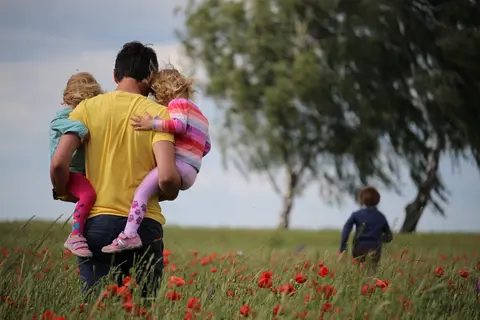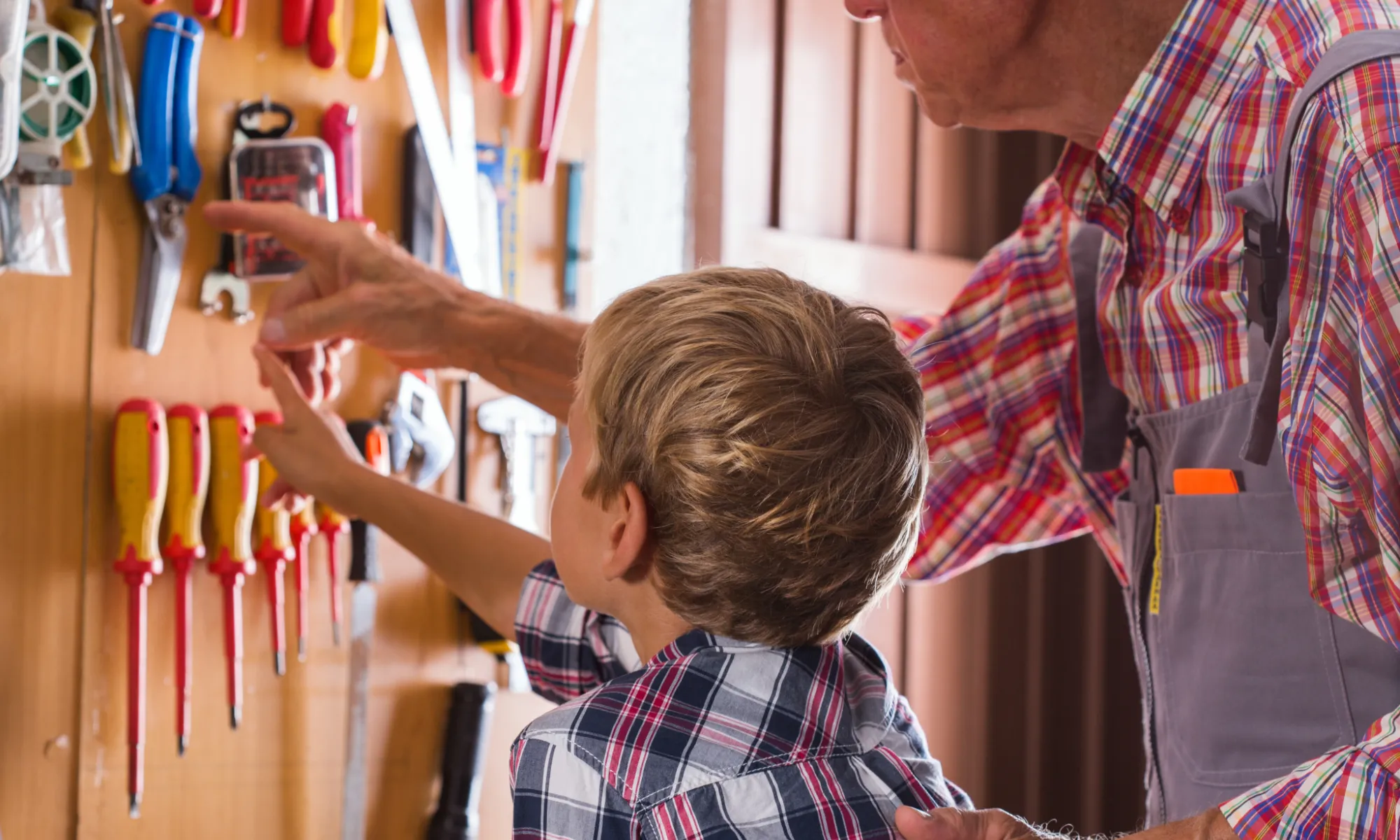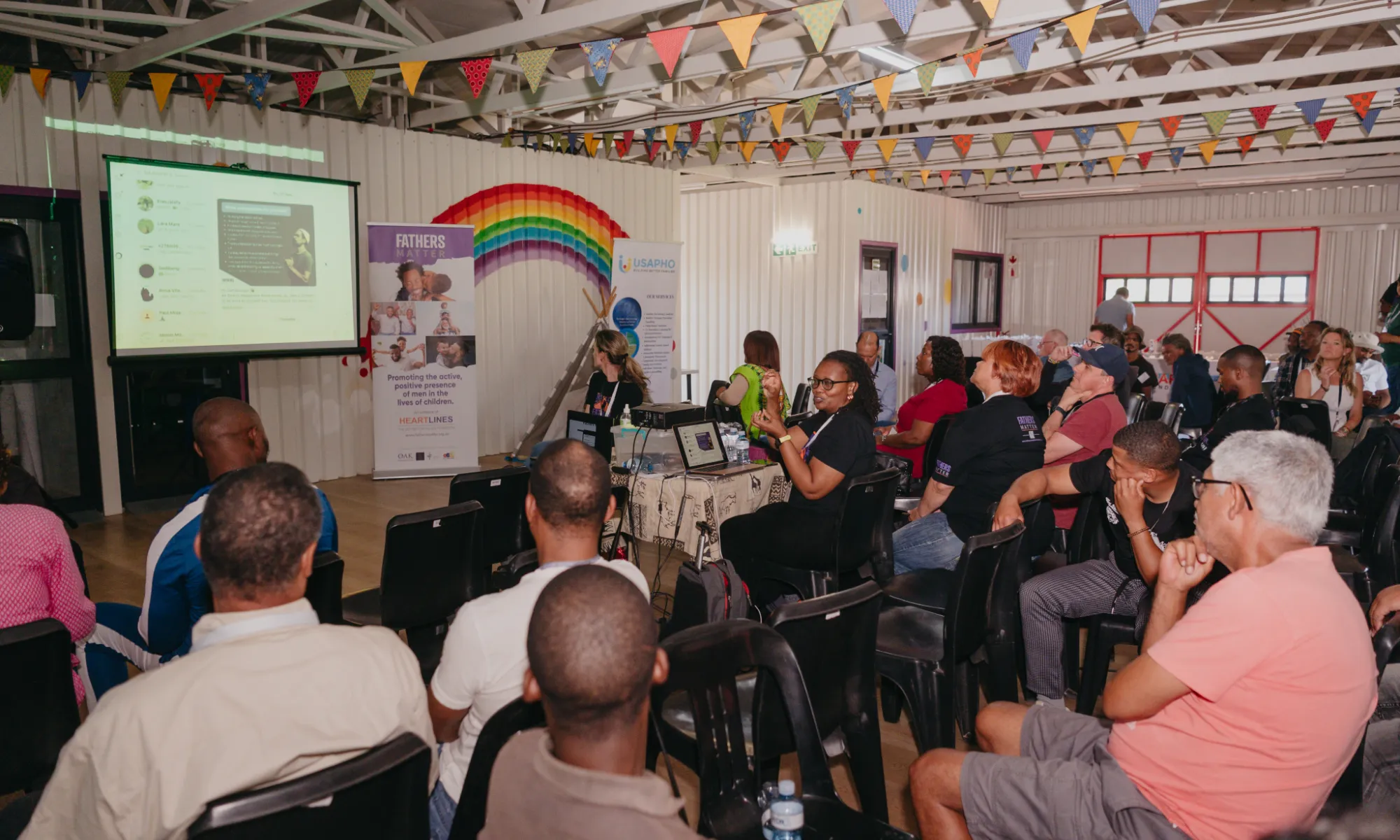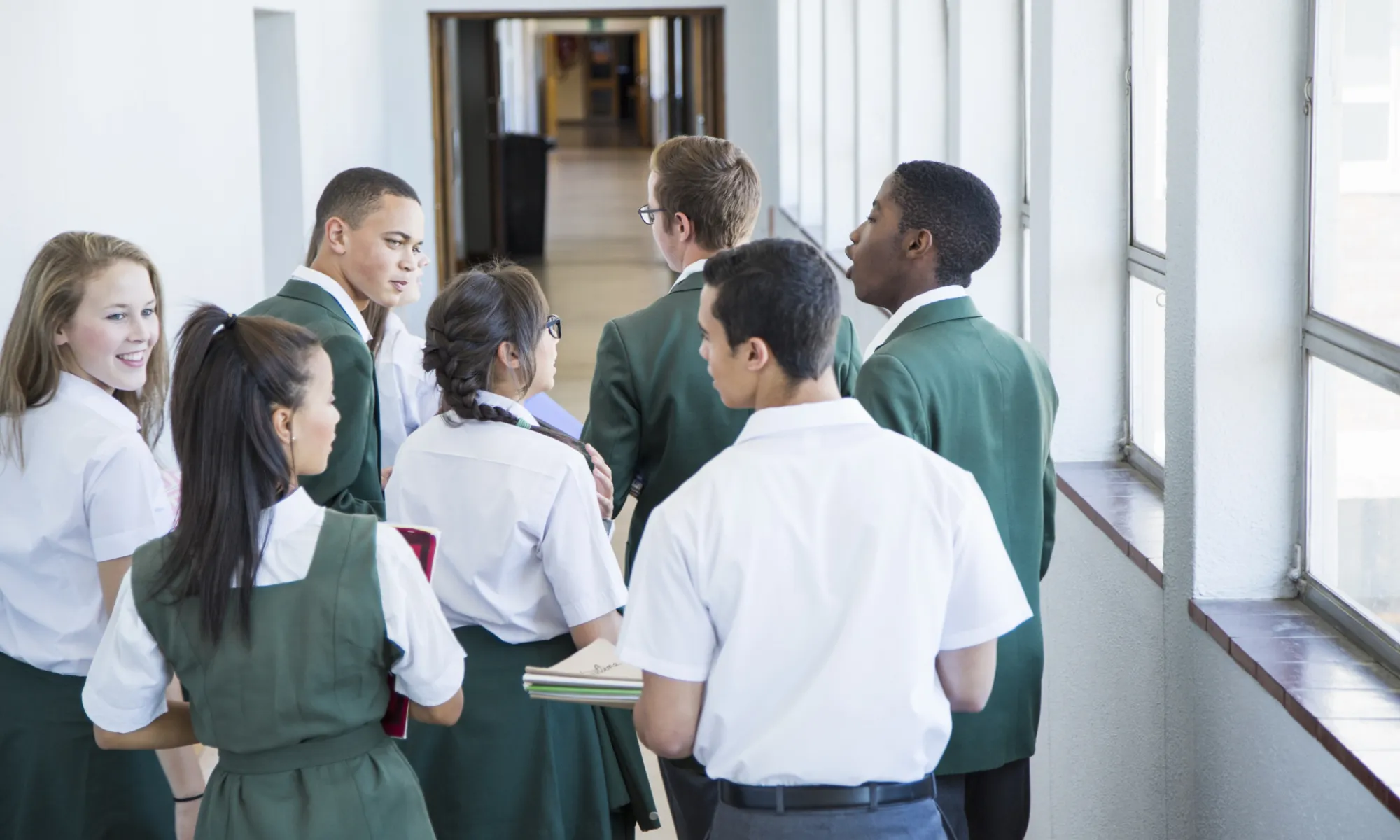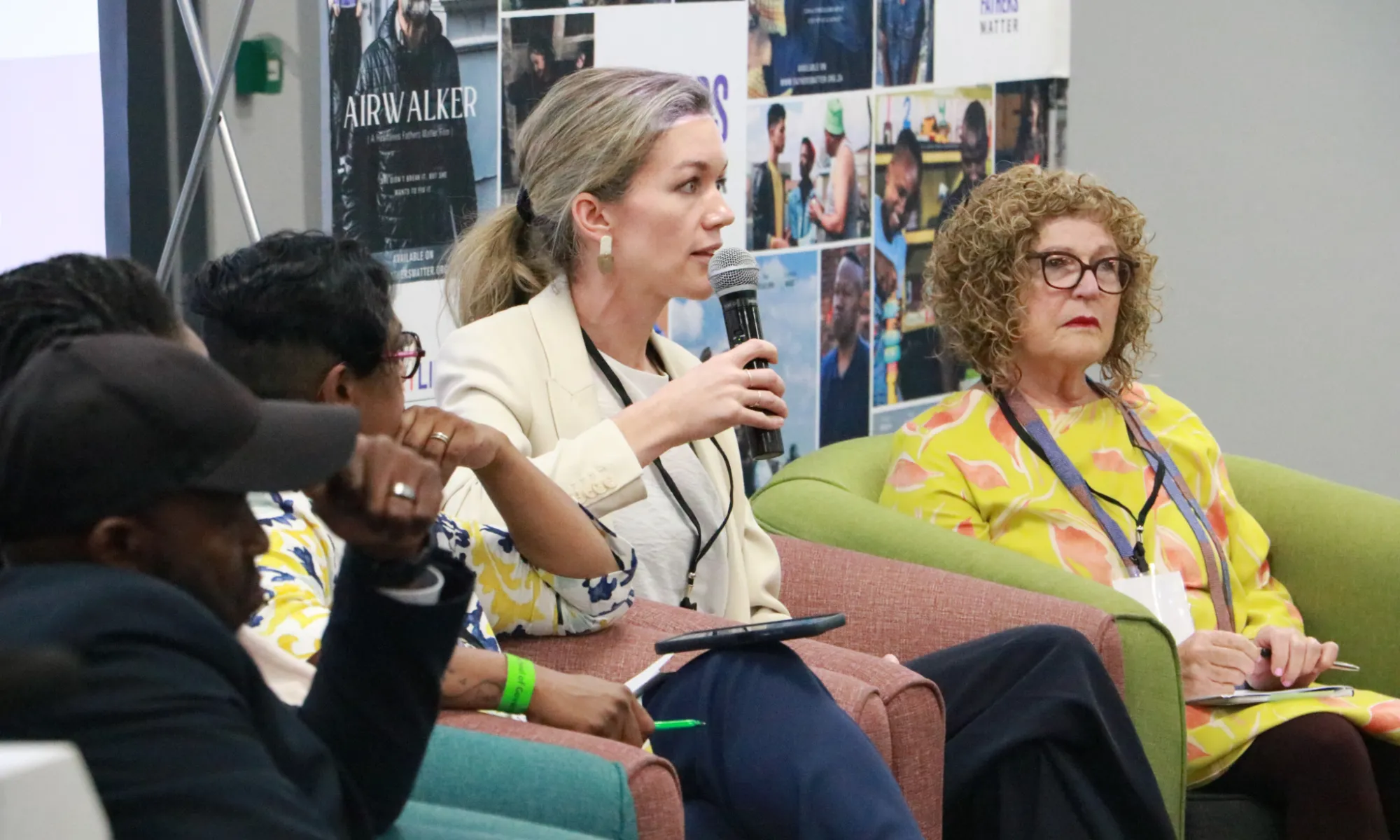Lessons learned on a path made of LEGO
Play , Being a father , Children , Social fathers , Working with fathersThe soles of my feet have been hardened by at least two years of stepping barefoot on pieces of LEGO. At this point, I could walk across a bed of glass, lit by flames from a Braai Master’s inferno, and not even flinch. I am, after all, an uncle to 4-year-old Mathabo, my sweet little niece and a part-time tyrant.
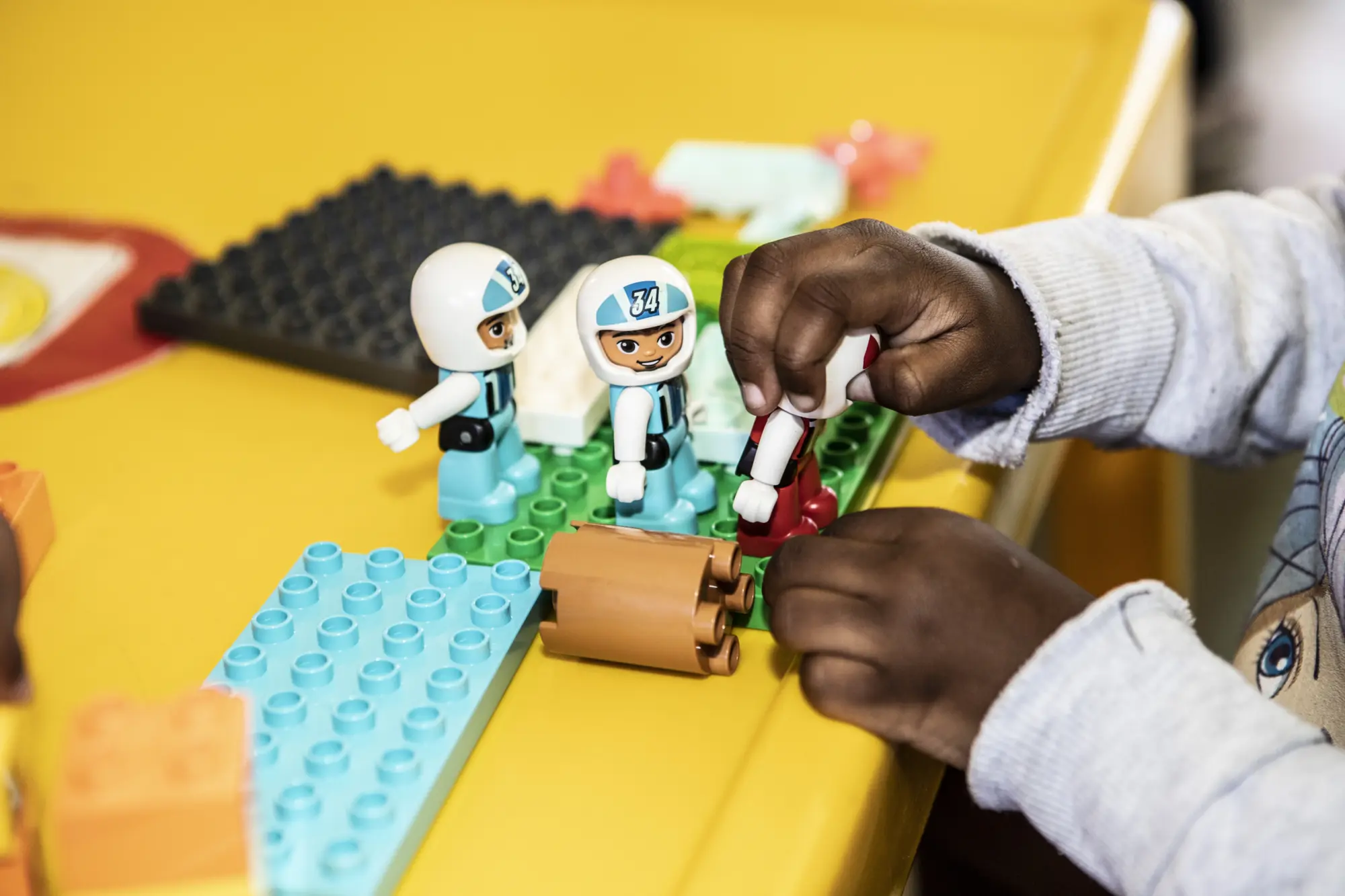
She has declared war on every clean corner of the house. There are toys everywhere. I once found a crayon in the fridge, a puzzle piece in my shoe, and a glittery pink unicorn in my laptop bag; which later made a surprise cameo in a work presentation.
Mathabo operates with the confidence of someone who owns the property, pays the bond and built the house with her bare hands. She wakes up and commands, “Lume! Come!” Next thing I know, I’m being fitted with a pink Dora the Explorer backpack and a cereal box helmet. And the quest to marvel at mundane objects begins.
Now, I may sound like a full-time fun uncle, but let me confess: I used to be that guy. The “I’m too busy” guy. The “I’ll just buy her something instead” guy. The “let the kids play alone” guy. But here’s what I’ve learned: playing with your child, or niece in my case, is not a waste of time. It’s the most important work we’ll ever do.
Play is not just play
See, when Mathabo and I sit on the floor pretending we’re pirates searching for treasure under the couch, we’re not just making a mess. We’re building something:
- Connection.
- Trust.
- Her ability to imagine a world beyond what she sees.
Play is not soft work. It’s not a distraction from “real parenting”. It is parenting.
According to child psychologists, play is how kids learn to problem-solve, regulate emotions, build confidence and feel seen. That means every time I accept my role as Dora the Explorer’s sidekick, I’m helping her brain wire itself for life.
But I’m not a kid, I’m an adult
Yes. You are. But when a child invites you into their world of play, they’re not asking for entertainment. They’re asking, “Will you take me seriously? Will you choose me over your phone, your stress and your grown-up problems?”
And what you’re saying, when you play, is: “Yes, I see you. I choose you.”
That’s power. That’s presence.
So when we play with our kids, we’re not just nurturing them, we’re healing something in ourselves. We’re giving our inner child the permission he/she never got to be silly, to be seen, to be safe.
Many of us grew up without this kind of attention from our fathers because they were working, gone or emotionally unavailable. We were told to “go play outside” and not be heard when grown folks were talking. No one came to our imaginary tea parties. No one pretended to be a superhero’s sidekick.
So when we play with our kids, we’re not just nurturing them, we’re healing something in ourselves. We’re giving our inner child the permission he/she never got to be silly, to be seen, to be safe.
Where to start
“But what if I don’t know how to play?” you ask.
You don’t need to. The kids will show you. Trust me, they have a PhD in Pretend and a Master's in Mess. All you have to do is:
- Get on the floor.
- Leave your phone somewhere else.
- Say “Yes” to the adventure.
You don’t need to be perfect or have all the answers, but if you can make time to play, even 10 minutes a day, you’re doing more than enough. You're giving your child the memory of being chosen, of being delighted in.
So, play, laugh and embrace being silly. And if you step on a LEGO or two along the way, take it like a champ and keep it moving.

Lehlohonolo Ramosolo
Lehlohonolo is a creative and results-driven social media and content specialist who is passionate about social and community-building communication.
Featured
